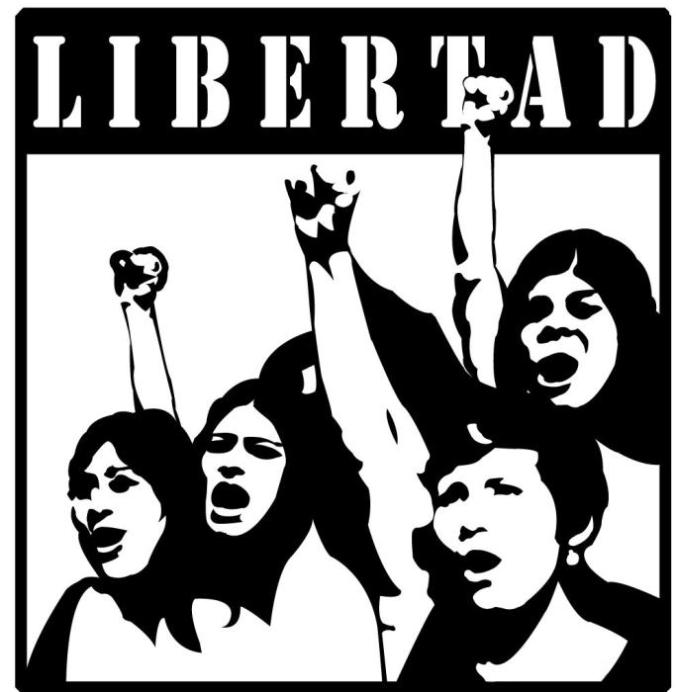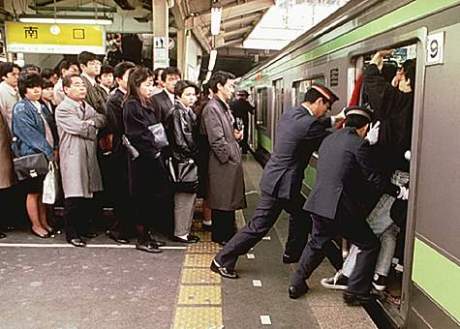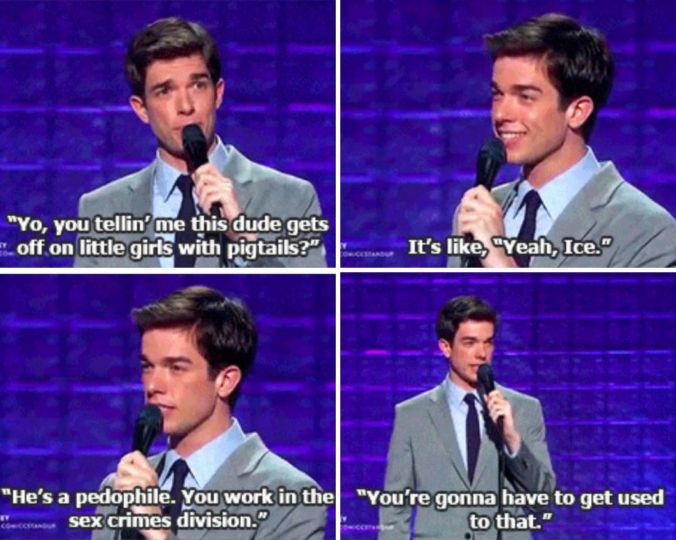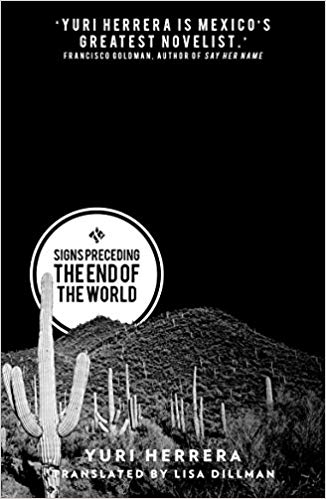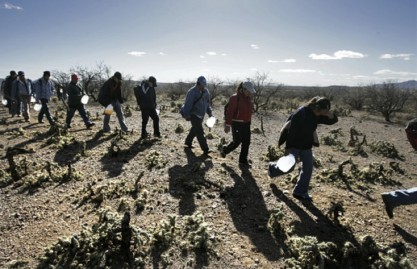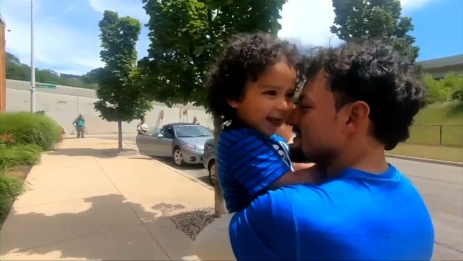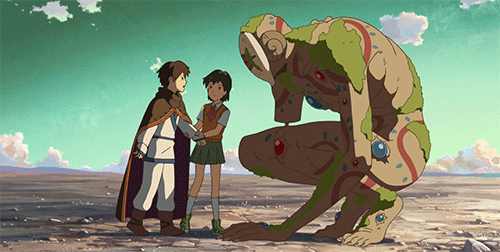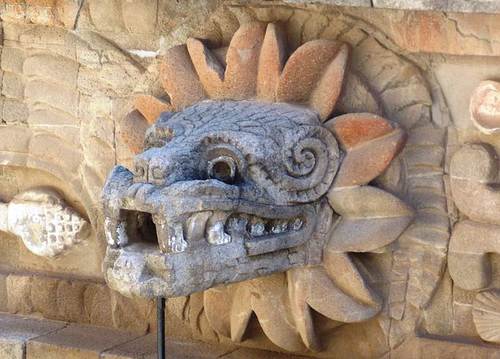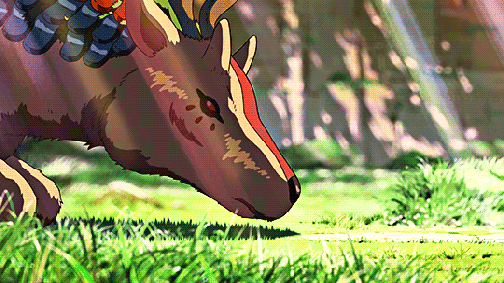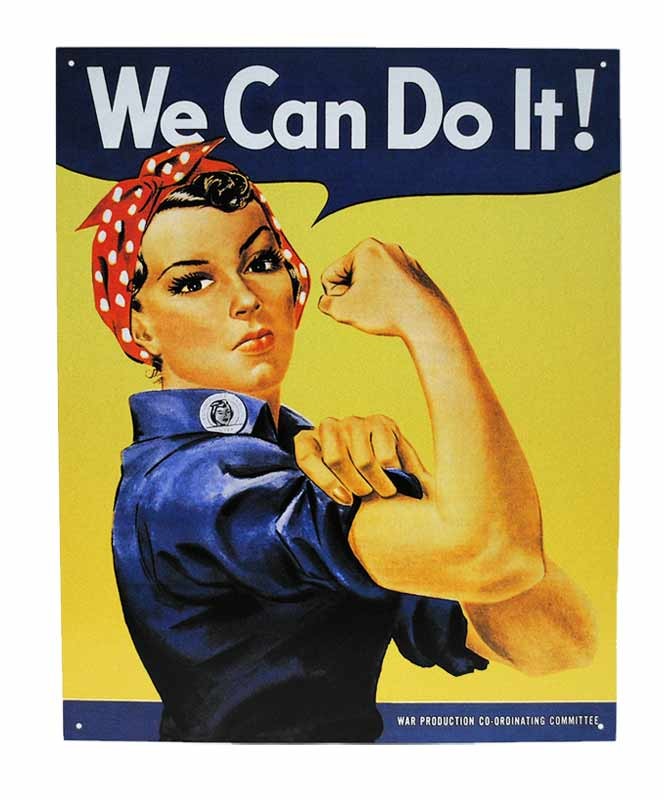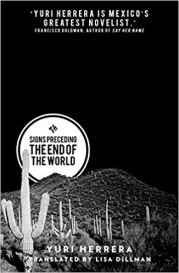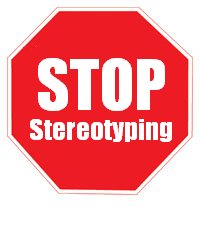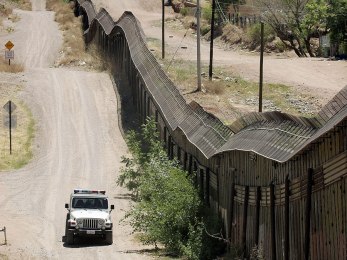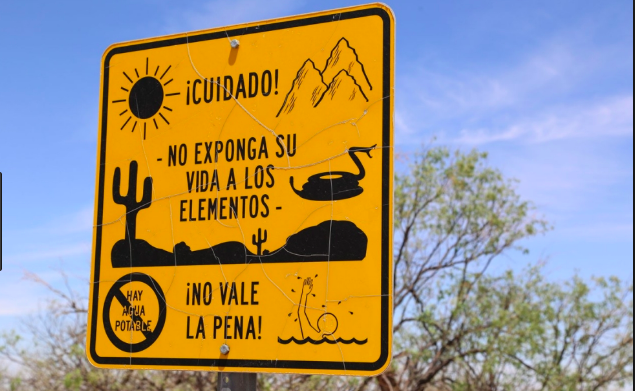It’s no surprise when we listen to current events that contain the poor’s seemingly futile attempt to climb the social ladder. It’s also not surprising to hear accompanying news about the wealthy adding another cent to their wallet. Here’s where I insert the old saying: “The rich get richer, while the poor get poorer.” However, looking underneath the designer clothes and putting material possessions aside, the renowned ‘elite’ class should be the same as any other person, right?
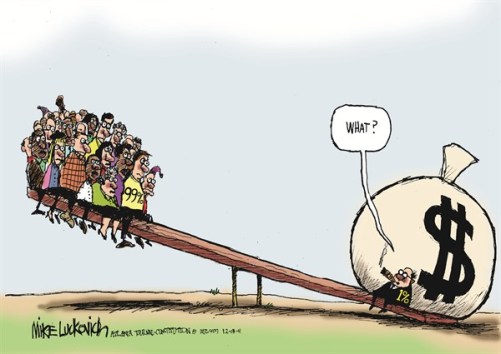
If the rich continually get wealthier at the cost of depriving others and are aware of it, why continue the hoarding? If the poor become so impoverished that they resort to stealing and selling themselves in order to survive, are they any different from animals? These questions dwell deeper than the social binary of poverty and wealth and cross into questioning the self: Is the human species inherently ‘good’ or ‘evil’? This questioning of human nature could be further reflected on the dystopic novel, Utopia, by Ahmed Khaled Towfik.
Towfik sets his novel in a future Egypt after the collapse of the middle class that stratifies social classes into complete opposites of the spectrum: either be very impoverished or very wealthy. Resources are abundant within the confines of a barrier populated by high-class individuals (‘Utopians’), while the unfortunate lower class (‘Others’) meagerly attempt to survive outside the walls. The novel is first introduced by a narrator (nicknamed Alaa) that immediately demonstrates to be very depraved and sadistic towards others. Alaa exudes arrogance and self-absorbent that is also seen within the Utopian community. Hard drugs are used recreationally by the young and old, rape frequently occurs that it has become ingrained within their culture, and values or morals heavily revolve around the material wealth. As said by Alaa himself, what else would you be able to do after living in this so-called ‘artificial paradise’? (pg.9) After having everything within their grasp, it is up to Father time in deciding when Utopian’s ‘humane’ attributes disappear.
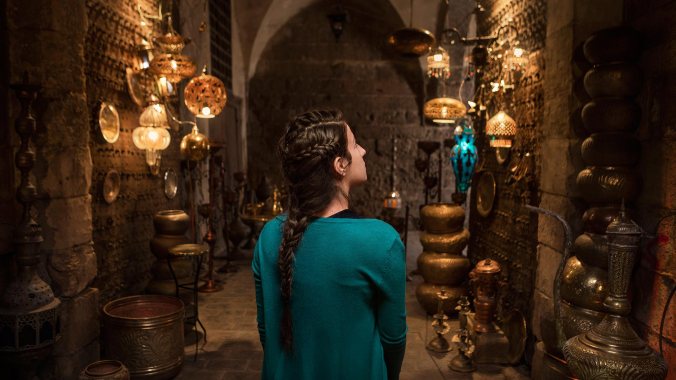
The role of narrator switches with an Other, Gaber. As a former college graduate before the economic collapse, Gaber lives the same lifestyle as his brethren. However, Gaber seems to be the only one with an understanding of the circumstances that resulted in the dystopic society they currently abide in. A different perspective outside Utopian society serves to give a much more ‘grittier’ tone. Others are demonstrated to live in very indigent conditions stricken with disease and famish. As a result of a depraved lifestyle, violence and rape runs amok accompanied by a high rate of drug usage.
Alaa and Gaber come from differing upbringings yet the environments they lived in have inhumane traits witnessed throughout. However, Gaber seems to have the worst end of the stick compared to Alaa’s ‘generous’ lifestyle. In spite of his position, Gaber charted the remaining ‘humane’ remnants of altruism left and supported Alaa within his own accord. Demonstrating through poverty, one can appreciate sentient life.


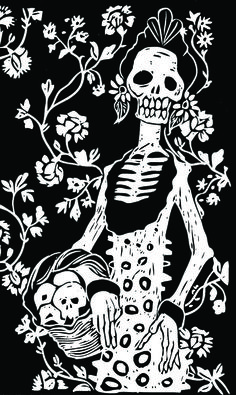 In the Mexican culture machismo is a socio-cultural term referring to the natural superiority that men have over women. Men are raised to be macho, while women are raised to be submissive to men. Machismo gives an excuse to pay women less, give them not as desirable jobs, and treat them badly in general. This is not always the case of course, but still a very damaging narrative that has been in place for a long time. It is a big issue that is now just barely starting to be addressed and talked about.
In the Mexican culture machismo is a socio-cultural term referring to the natural superiority that men have over women. Men are raised to be macho, while women are raised to be submissive to men. Machismo gives an excuse to pay women less, give them not as desirable jobs, and treat them badly in general. This is not always the case of course, but still a very damaging narrative that has been in place for a long time. It is a big issue that is now just barely starting to be addressed and talked about.